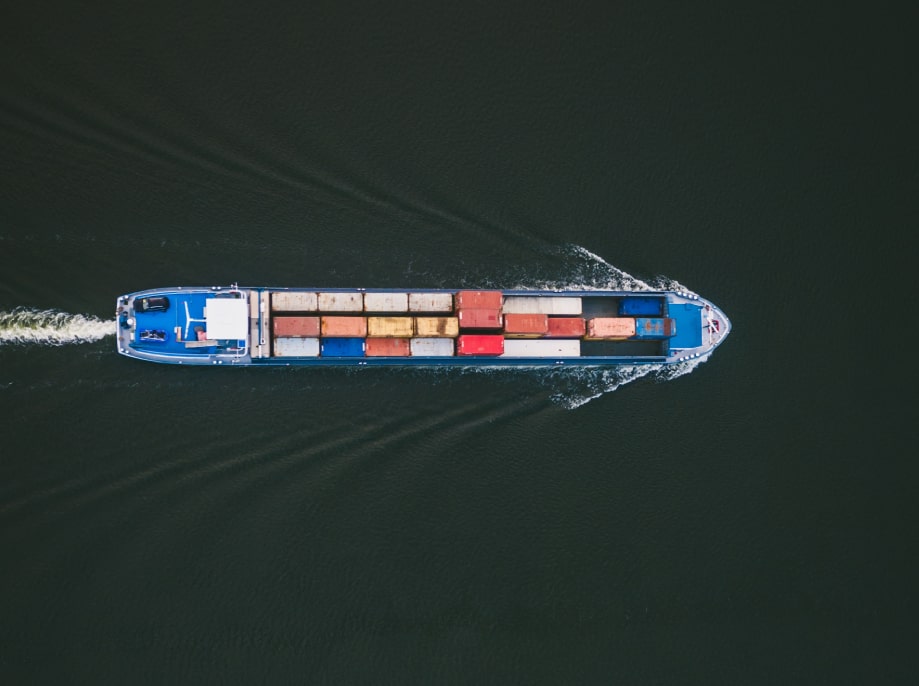
Despite the Fourth of July having been weeks ago, it’s the summer. Furthermore, people have been cooped up in their homes for months. They’re restless and looking for an outlet to enjoy themselves. There has been a rise of fireworks used, even when it isn’t a holiday. It seems that it’s practically every night that the neighborhood is lit up with fireworks, which means people are purchasing dangerous goods like fireworks on a more frequent basis.
This means that consumers are looking to buy dangerous goods like fireworks. That’s a lot of shipping required for a product that could pose a potential threat if mishandled. Think about it, the chemical composition of fireworks make it a dangerous item. If it is not packed properly, you run the risk of explosion. Which, could not only cause bodily harm, but could also end up costing someone a pretty penny. In this mid-COVID-19 world that we live in, losing money is not something anyone can afford at this moment.
Fireworks are just one of the different types of dangerous goods that are meant for transportation. Due to its familiarity with the general public, we will be using fireworks as the example of explaining what you need to know about shipping dangerous goods. In this article, we will be going over what you need to understand about the shipping process so you can take precautions moving forward.
What Are The Risks Of Shipping Dangerous Goods?
Cargo insurance for every shipper is imperative. Yes, all shippers definitely need cargo insurance. This type of insurance ensures that the ship, crew, and cargo are covered, even if the goods go unscathed. The general average of the maritime principal pro-rates the cost across all stakeholders, which is important in protecting everything on board.
For the most part, consumer-grade fireworks fall under the category of the United Nations explosives shipping classification system. Fireworks are not considered hazardous, but they require hazard marks or labels. This increases the shipping costs, so keep that in mind before moving forward with shipping fireworks.
That is what is required of ships, but what about airfreight? Some fireworks, or some quantities; require that you use airfreight. Which, as you can imagine presents its own different set of challenges. For one, fireworks are highly explosive. This means you cannot
have this kind of cargo flying in passenger-plane bellies. Often, these planes can hold non-dangerous goods, but certainly not fireworks.
The same can be said of other dangerous goods - these sentiments are not exclusive to fireworks. Dangerous goods can also mean lithium-ion batteries and even the chemicals used in hand sanitizer. These are products that you need to make sure are packaged properly for distribution. It’s imperative to ensure that products like lithium-ion batteries do not move around and do not get packaged in products, as this could cause short-circuiting.
How Do You Ensure Safe Shipping?
If you follow the rules of safe shipping it can be easy to maintain. Please note that in order to ship dangerous or cause them to be shipped you must have gone through federally approved training first. This ensures that you are regularly in compliance. It’s important to be in compliance over packing, the labeling or marking of the package, documentation, and declarations. It is better to be overly cautious than to overlook anything. This isn’t like shipping perishable items where something is just spoiled or unusable. An improperly packaged dangerous good can be potentially deadly.
What should you do in order to ensure safe shipping? You will want to limit the number of dangerous goods per vessel, while also using the appropriate packing materials. As well as techniques. Be sure that you don’t store incompatible materials with each other. Practices like this are included in the carrier agreements such as the International Maritime Dangerous Goods Code.
Use Common Sense
When it comes to packing safely, you should also use common sense. When you have a highly combustible firework such as the Roman candle, you will want to pack it very tightly so you avoid friction. Doing this will avoid any sort of friction during transportation, avoiding accidental explosion. Of course, some fireworks do require more extensive knowledge of fireworks and their ins and outs. So doing the proper research is imperative to safely packing up your dangerous good.
Another tip to safely packing up your dangerous goods, such as fireworks, lithium-ion batteries, or even alcohol-based hand sanitizer, is by surrounding them with empty containers.
This reduces the potential loss of goods. You will also want to load containers at half of the capacity. These are just little things that will help ensure that you are taking every measure possible to ensure safe packing of dangerous goods.
Let’s Do an Overview
So, in general, what did we learn this article? We went over the practices of safe packing of dangerous goods, which include fireworks, lithium-ion batteries, and alcohol-based hand sanitizer. You are also relying on the ship that you’ve packed your dangerous goods for having properly trained staff. So, making sure you are working with a proper shipping company is also incredibly important.
Here are some other things you should check before shipping out:
- Do the goods fall under one of the nine dangerous goods hazard classes? This is something you need to look into. You can ask a freight forwarder and get the proper training so you know.
- Does the manufacturer use compliant packaging materials? That is something you need to request details over, because if you don’t you could be paying for it in the long run.
- It is crucial that you research that your carrier is experienced with dangerous goods. Look at this individual’s background to see if they are fully certified. Do not be afraid to request their certifications as proof.
- It’s also a good idea to see what your insurance covers so that you have a contingency plan in case of emergency. Such as civil penalties, damages, and more.
Conclusion
The summer is not over, which means you will be hearing a lot more fireworks. On top of that, people need lithium-ion batteries for their household items to work while in quarantine. And hand sanitizer is incredibly important during the COVID-19 global pandemic to ensure that people are combating this disease. While many dangerous goods are essential to everyday life, they are called dangerous for a reason. There is always the chance of something wrong happening. To severely reduce this possibility, you want to make sure you know all the rules and means to packing your shipment. It is our hope that this article has provided you with the intellectual know-how on how to package dangerous goods for transportation.





